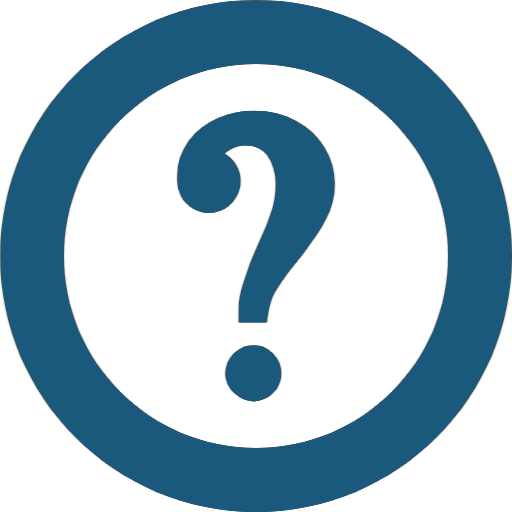
RHEAL Program FAQs
We often get asked questions about our RHEAL Program. This is because engaging residents in active recreation looks different in each community. Click the questions below to find answers to your questions.
If you are still wondering about something, or want to figure out how we can support your active recreation program, please contact us.
Activities that are ‘excluded’ under our insurance policy. Insurance companies typically consider activities, such as martial arts, alpine snow sports, gymnastics, climbing, mountain biking, and contact sports, higher risk.
Special events, short-term programs, or “out-of-community” activities. The RHEAL Program removes barriers and fosters an active lifestyle. This takes regular, accessible and inclusive programming over a longer timeframe.
Whitehorse-based programs unless the target is an underserved population or is hosted by a First Nation or Friendship Centre.
Activities that are the responsibility of a school (e.g., PE classes) or a sport governing body (e.g., athlete development).
The RHEAL Program provides support where it’s needed the most. This is often when it’s cold, dark and snowy.
People are most supported to be active when they can do so on their own time, with friends and family, and when there is little or no cost. Outdoor recreation can be done at any time of the day, with anyone, and usually for much less cost than facility-based recreation.
Recreational sport programs that meet the RHEAL Guidelines and take place outside Whitehorse may be eligible.
Programs must be inclusive and focus on fundamental skills and lifelong participation in physical activity as compared to competition.
School-based sport and activities that fall under the responsibility of a sport governing body are not eligible.
Due to recent changes in our insurance policy, all new applicants must be a rural recreation department, a First Nations government, or a local organization with its own insurance.
Individuals who want to run a program but do not have an organization to run it under, are encouraged to reach out to RPAY. We will explore options and help overcome barriers.
Apply before you begin your program activities and before one of our Review Periods.
We review RHEAL applications three times per year: mid-September, mid-December and mid-April.
All applicants receive notification two to four weeks after the Review Period.
Successful applicants may NOT receive 100% of requested amount.
RPAY considers reasonable requests for programs that run two months or longer.
Reasonable expenses may include wages, materials, supplies, healthy snacks, and/or facility rental when the applicant is not the facility owner.
In some cases, RPAY will distribute some funds before the program begins. If cash flow may be an issue, please discuss this with us before signing the Funding Agreement.
Successful applicants (e.g., a rural recreation department, First Nation government or local organization with its own insurance) will enter into a “Funding Agreement” with RPAY.
Organizations must cover the program and the leader(s) under their own insurance policy and submit reports, receipts and invoices accurately and on time.
Depending on the program, RPAY may require the organization to collect waivers from participants.
The Funding Agreement describes the invoicing requirements and schedule.
Invoices must be submitted according to the schedule. Invoices received later than April 30, for activities that took place in the preceding fiscal year (April 1 – March 31), are not accepted.
The Funding Agreement describes the activities that are required for reporting.
Program participation is tracked using a Participation Record.
An online report is completed by March 31st or at the end of the program. This is noted in the Funding Agreement.
Feedback from participants must be included in the online report.

